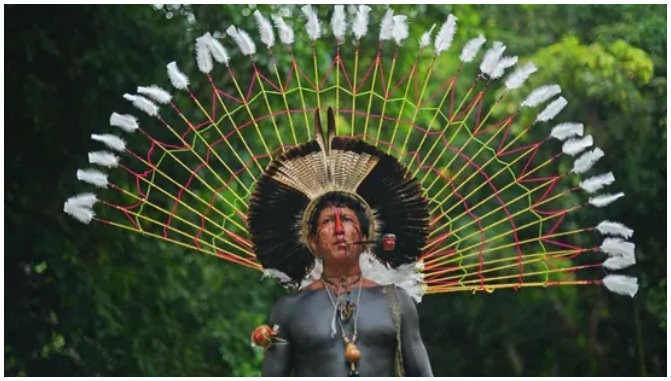The International Day of the World’s Indigenous Peoples was marked for the first time by UN General Assembly in December 1994.
The International Day of the World’s Indigenous Peoples is celebrated every year on August 9. The United Nations (UN) estimates that there are more than 476 million indigenous people in the world, spread across 90 countries and representing 5,000 different cultures, who make 6.2 percent of the global population and live in all geographic regions.
Like all International days and weeks, which are marked to educate the public on issues of concern, to mobilize political will and resources to address global problems, the International Day of the World’s Indigenous Peoples is also celebrated to recognize the contribution and achievements of indigenous communities and to highlight the plight they face in their existence.
Significance of International Day of the World’s Indigenous Peoples
The International Day of the World’s Indigenous Peoples was marked for the first time by UN General Assembly in December 1994, to commemorate the first meeting of the UN Working Group on Indigenous Populations of the Sub-Commission on the Promotion and Protection of Human Rights.
The UN celebrates this day every year to “demand indigenous peoples’ inclusion, participation, and approval in the constitution of a system with social and economic benefits for all”. Indigenous communities have also been disproportionately affected by the Covid-19 pandemic, whose life expectancy was already 20 years lower than that of their non-Indigenous counterparts before the pandemic hit.
Source: HT
TYT Newsroom


